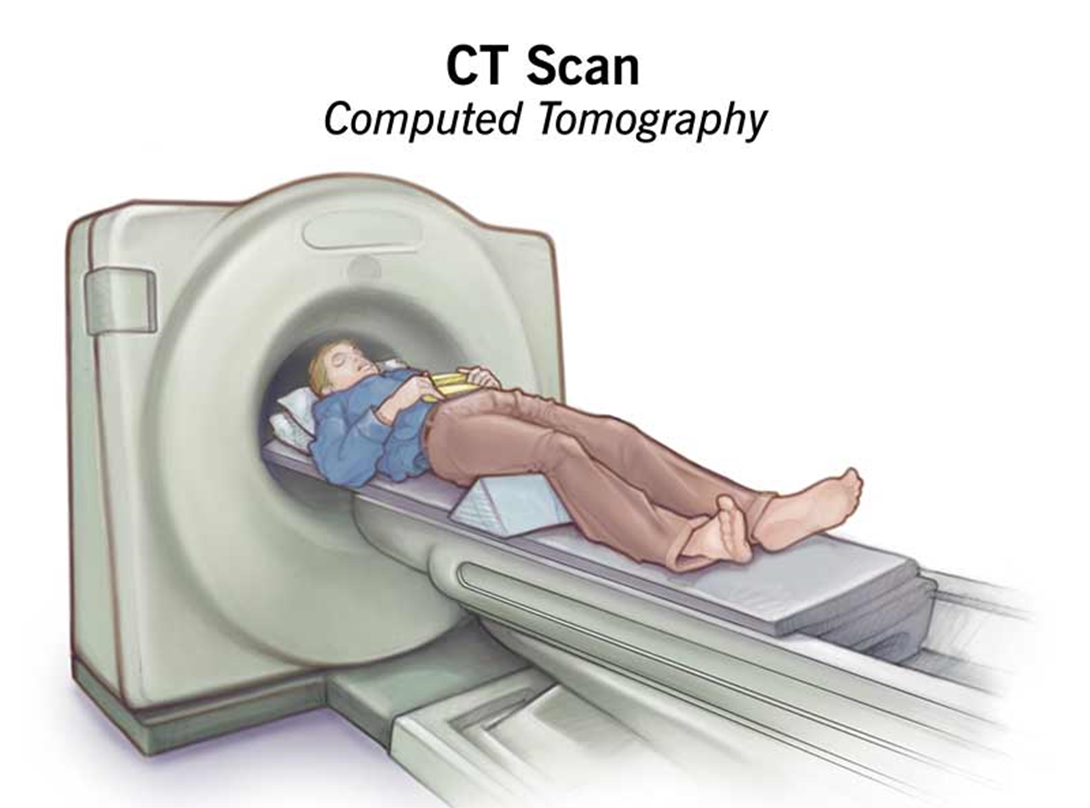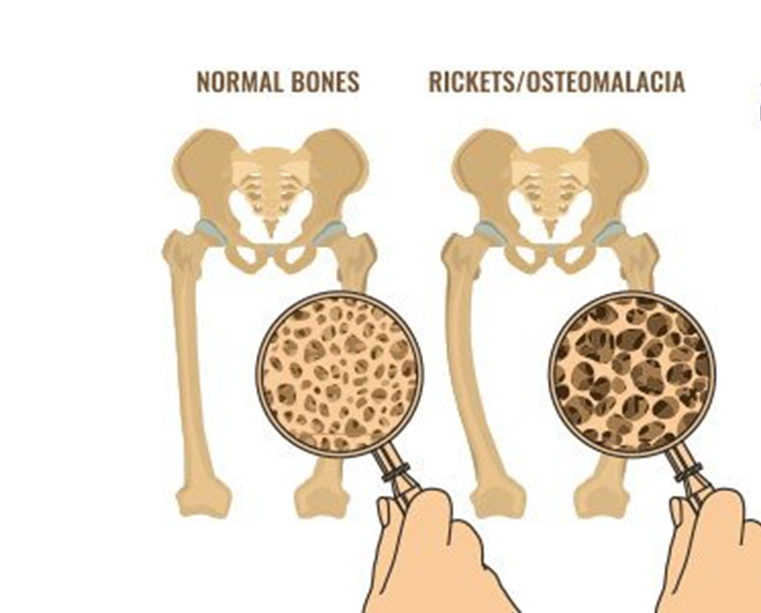A client is being urgently transported to radiology for a Computerized Tomography (CT scan) after a sudden decrease in level of consciousness. The client is orally intubated and has a left lateral chest tube to 20 cm suction. Which action is most important for the nurse to take?
Secure chest tube to the stretcher for transport.
Administer PRN pain medication prior to transport.
Mark the amount of chest drainage on the container.
Keep chest tube container below the site of insertion.
The Correct Answer is D
Choice A reason: Securing chest tube to the stretcher for transport is a good practice, but it is not the most important action. The chest tube should be secured to prevent accidental dislodgement or kinking, but it does not affect the function of the chest tube or the drainage system.
Choice B reason: Administering PRN pain medication prior to transport is a compassionate action, but it is not the most important action. The client may experience pain due to the chest tube, the intubation, or the underlying condition, but pain relief is not a priority over maintaining adequate ventilation and drainage.
Choice C reason: Marking the amount of chest drainage on the container is a useful action, but it is not the most important action. The amount of chest drainage should be recorded and reported to monitor the client's status and detect any complications, such as hemorrhage or infection, but it does not affect the immediate function of the chest tube or the drainage system.
Choice D reason: Keeping chest tube container below the site of insertion is the most important action for the nurse to take. The chest tube container should be kept below the level of the client's chest to maintain a gravity-dependent pressure gradient that allows air and fluid to drain from the pleural space. If the container is raised above the site of insertion, it can cause backflow of air or fluid into the pleural space, which can compromise ventilation and cause tension pneumothorax.

Nursing Test Bank
Naxlex Comprehensive Predictor Exams
Related Questions
Correct Answer is C
Explanation
Choice C reason: pushing the undiluted Dextrose slowly through the currently infusing IV is the best way to administer the medication for a client with insulin shock. Insulin shock is a condition in which the blood glucose level drops too low due to excess insulin or insufficient food intake. This can cause symptoms such as confusion, sweating, tremors, or loss of consciousness. The nurse should administer 50% Dextrose IV as a bolus injection to raise the blood glucose level quickly and prevent brain damage.
Choice A reason: asking the pharmacist to add the Dextrose to a TPN solution is not appropriate for a client with insulin shock. TPN stands for total parenteral nutrition, which is a type of intravenous feeding that provides all the nutrients needed by the body. TPN solutions contain dextrose, amino acids, lipids, vitamins, minerals, and electrolytes in specific concentrations and ratios. Adding extra dextrose to a TPN solution can alter its composition and cause complications such as hyperglycemia or fluid overload.
Choice B reason: mixing the Dextrose in a 50 mL piggyback for a total volume of 100 mL is not effective for a client with insulin shock. A piggyback is a type of intravenous infusion that delivers medication through a secondary tubing attached to the primary tubing of another solution. Mixing the Dextrose in a piggyback can dilute its concentration and reduce its potency. It can also delay its delivery and onset of action.
Choice D reason: diluting the Dextrose in one liter of 0.9% Normal Saline solution is not safe for a client with insulin shock. Normal Saline is a type of intravenous fluid that contains sodium chloride in isotonic concentration. Diluting the Dextrose in one liter of Normal Saline can lower its concentration and increase its volume significantly. This can cause complications such as hypoglycemia or fluid overload.
Correct Answer is D
Explanation
Choice A reason: Quiet, calm surroundings are not a specific environmental factor for osteomalacia, which is a condition that causes softening and weakening of the bones due to vitamin D deficiency. However, they may be beneficial for promoting rest and comfort for the client.
Choice B reason: Stimulating sounds and activity are not a specific environmental factor for osteomalacia, which is a condition that causes softening and weakening of the bones due to vitamin D deficiency. However, they may be helpful for enhancing mood and cognition for the client.
Choice C reason: Cool, moist air is not a specific environmental factor for osteomalacia, which is a condition that causes softening and weakening of the bones due to vitamin D deficiency. However, it may be preferable for preventing dehydration and overheating for the client.
Choice D reason: This is the correct answer because adequate sunlight is the most significant environmental factor for osteomalacia, which is a condition that causes softening and weakening of the bones due to vitamin D deficiency. Sunlight exposure helps the skin synthesize vitamin D, which is essential for calcium absorption and bone mineralization.

Whether you are a student looking to ace your exams or a practicing nurse seeking to enhance your expertise , our nursing education contents will empower you with the confidence and competence to make a difference in the lives of patients and become a respected leader in the healthcare field.
Visit Naxlex, invest in your future and unlock endless possibilities with our unparalleled nursing education contents today
Report Wrong Answer on the Current Question
Do you disagree with the answer? If yes, what is your expected answer? Explain.
Kindly be descriptive with the issue you are facing.
